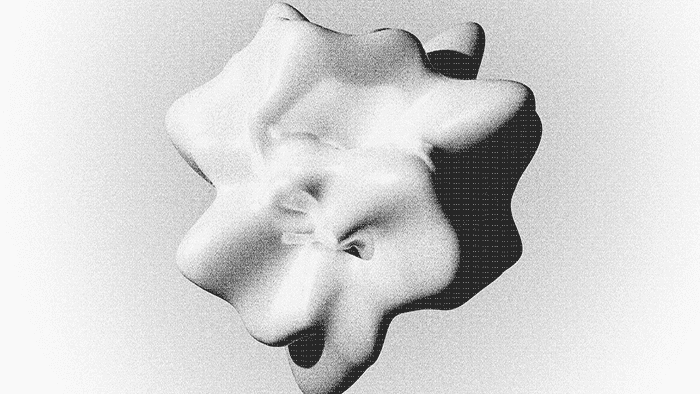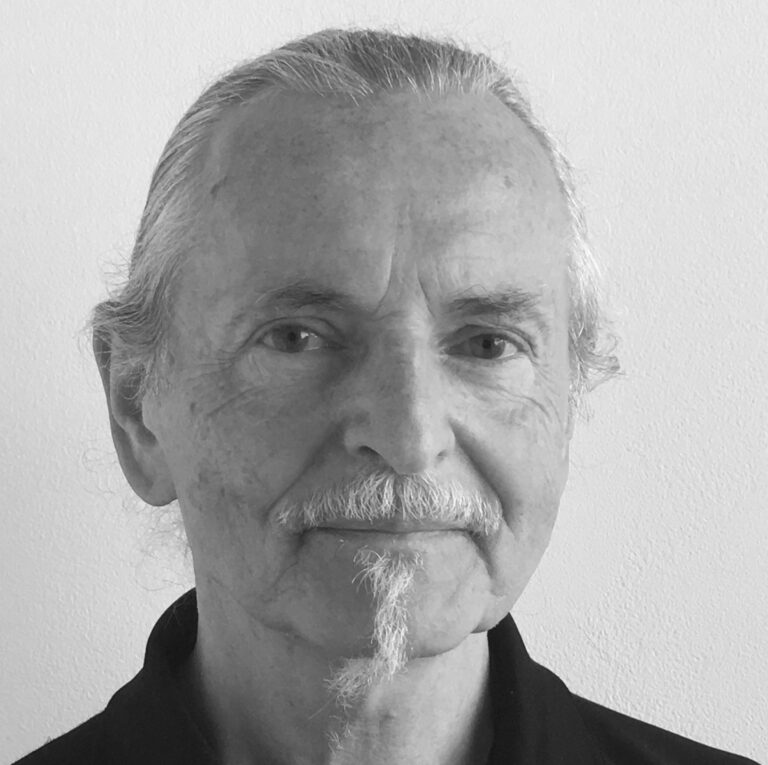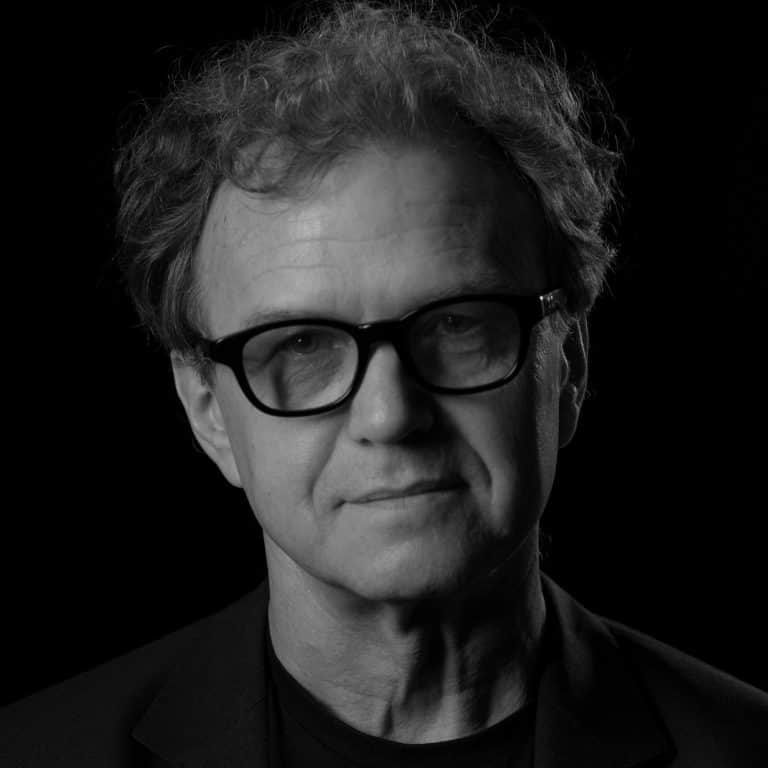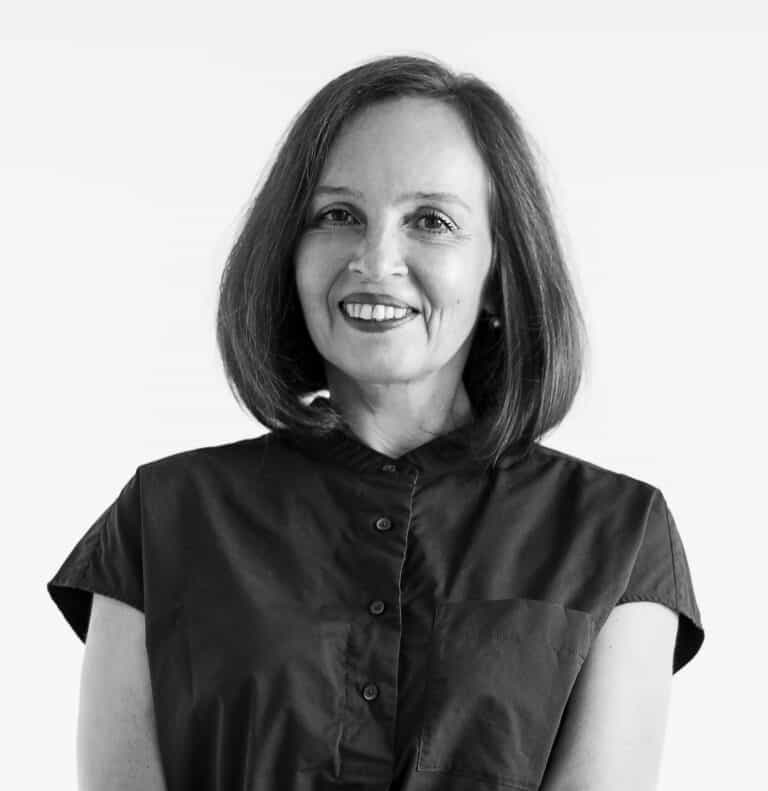MAPPING THE MEMORY BY MEANS OF ART: DISCUSSION AT THE ARS ELECTRONICA FESTIVAL

The online-discussion on the platform of the Ars Electronica festival of Аrt and Technology, which was part of the program of the project “Trees of Memory: Roots and Runners” and was dedicated to the memory of the Holocaust tragedy. The event was organised in partnership with the Ukrainian Institute and the Laznia Center for Contemporary Art.
Participants

KRZYSZTOF WODICZKO
artist and professor in Residence of Art, Design and the Public Domain at the Graduate School of Design at Harvard University

RYSZARD W. KLUSZCZYŃSKI
media art writer, curator, professor of cultural and media studies at Lodz University

OKSANA DOVGOPOLOVA
Doctor Habilis in Philosophy of History, member of the Memory Studies Association, curator of the Past / Future / Art project

KATERYNA FILYUK
curator and art critic, currently Chief Curator at IZOLYATSIA (Kyiv)
In the second half of the 20th century, after the atrocities of World War II, humanity faced the need to comprehend the indescribable. Figuring out how to live with the knowledge of terror and yet to remain human became a problem in and of itself.
Recent decades displayed the potency of art to disclose the areas of working through the past, usually shuttered in conventional academic or political optics. Art brings vital breakthroughs in approaching the subject of trauma.
Any person, reflecting on how to work through the tragic past, especially if they did not witness the events, confronts the question: does an artist have to recreate the nightmarish reality to comprehend it? Or do they have to elaborate an indirect statement to hold the dignity of the victims and those included in the artist’s study? We face the issue of the representation’s limits.
Ukrainian curators offer a conversation between representatives of different countries — Poland and Ukraine, the areas where the 20th-century nightmares left conspicuous traces, — and diverse disciplinary spaces. The shared perspective will make it possible to advance common yet specific ways of working through the tragic past.